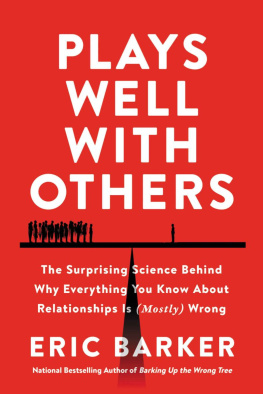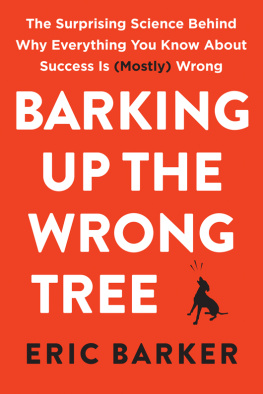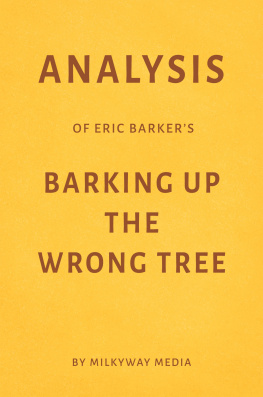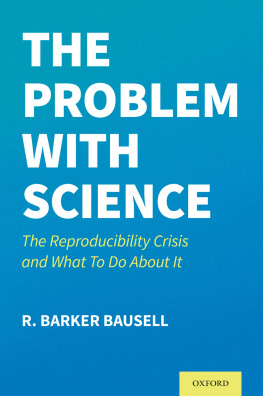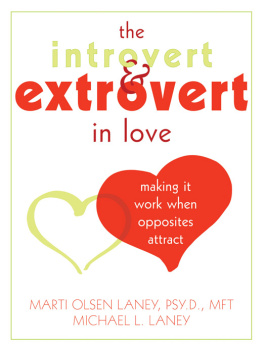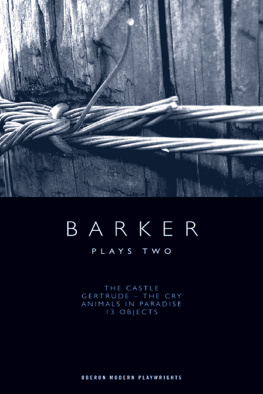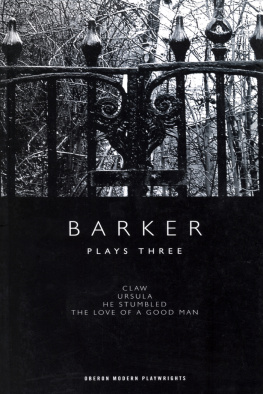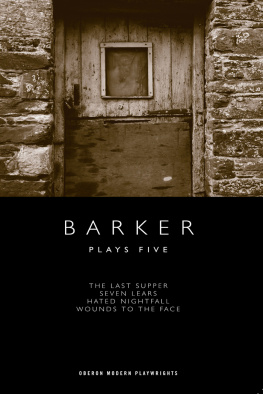Eric Barker - Plays Well with Others: The Surprising Science Behind Why Everything You Know About Relationships Is (Mostly) Wrong
Here you can read online Eric Barker - Plays Well with Others: The Surprising Science Behind Why Everything You Know About Relationships Is (Mostly) Wrong full text of the book (entire story) in english for free. Download pdf and epub, get meaning, cover and reviews about this ebook. year: 2022, publisher: HarperOne, genre: Detective and thriller. Description of the work, (preface) as well as reviews are available. Best literature library LitArk.com created for fans of good reading and offers a wide selection of genres:
Romance novel
Science fiction
Adventure
Detective
Science
History
Home and family
Prose
Art
Politics
Computer
Non-fiction
Religion
Business
Children
Humor
Choose a favorite category and find really read worthwhile books. Enjoy immersion in the world of imagination, feel the emotions of the characters or learn something new for yourself, make an fascinating discovery.
- Book:Plays Well with Others: The Surprising Science Behind Why Everything You Know About Relationships Is (Mostly) Wrong
- Author:
- Publisher:HarperOne
- Genre:
- Year:2022
- Rating:3 / 5
- Favourites:Add to favourites
- Your mark:
Plays Well with Others: The Surprising Science Behind Why Everything You Know About Relationships Is (Mostly) Wrong: summary, description and annotation
We offer to read an annotation, description, summary or preface (depends on what the author of the book "Plays Well with Others: The Surprising Science Behind Why Everything You Know About Relationships Is (Mostly) Wrong" wrote himself). If you haven't found the necessary information about the book — write in the comments, we will try to find it.
AN INSTANT USA TODAY and PUBLISHERS WEEKLY BESTSELLER
From the author of the Wall Street Journal bestseller Barking Up the Wrong Tree comes a cure-all for our increasing emotional distance and lonelinessa smart, surprising, and thoroughly entertaining guide to help build better friendships, reignite love, and get closer to others, whether youre an extrovert or introvert, socially adept or socially anxious.
Can you judge a book by its cover?
Is a friend in need truly a friend indeed?
Does love conquer all?
Is no man an island?
In Plays Well with Others, Eric Barker dives into these age-old maxims drawing on science to reveal the truth beyond the conventional wisdom about human relationships. Combining his compelling storytelling and humor, Barker explains what hostage negotiation techniques and marital arguments have in common, how an expert con-man lied his way into a twenty-year professional soccer career, and why those holding views diametrically opposed to our own actually have the potential to become our closest, most trusted friends.
Inside you will learn:
- The two things essential to making friends and what Dale Carnegie got wrong.
- What creates love, reignites love, and sustains love. (Theres no Build-A-Bear store for a happy marriage but this is close.)
- The ethical and effective way to get your partner to change.
- How social media can actually improve relationships.
- The antidote to loneliness and why what we usually hear doesnt work.
And so much more. The book is packed with high-five-worthy stories about the greatest female detective to ever live, the most successful liar to ever open his mouth, genius horses, thieving hermits, the perils of perfect memories, and placebos. Leveraging the best evidence availablefree of platitudes or magical thinkingBarker analyzes multiple sides of an issue before rendering his verdict. What hes uncovered is surprising, counterintuitive, and timelyand will change the way you interact in the world and with those around you just when you need it most.
Eric Barker: author's other books
Who wrote Plays Well with Others: The Surprising Science Behind Why Everything You Know About Relationships Is (Mostly) Wrong? Find out the surname, the name of the author of the book and a list of all author's works by series.

